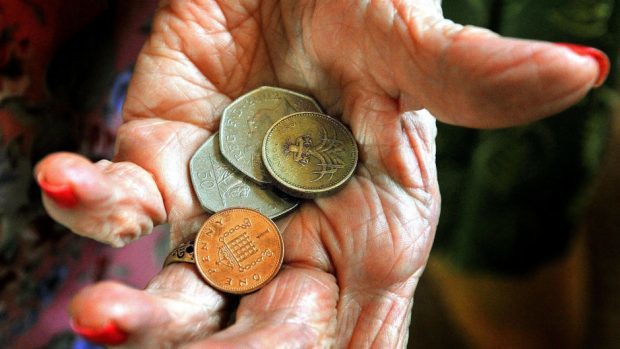Council chiefs could hand back thousands of pounds of care charges to vulnerable residents after admitting increasing fees damaged the authority’s reputation.
Some sheltered housing residents in Aberdeenshire were left facing bills of an extra £1,000 a month after the council scrapped a 35% contribution cap.
But senior officials agreed to reconsider the move amid an angry backlash and have admitted the way the new charging system was introduced caused a “negative reaction”.
Now councillors have been asked to approve a dramatic U-turn on the policy and raise the income threshold at which the 100% contribution kicks in.
As part of the proposal – which will be discussed by the members of the social work committee on Thursday – councillors could agree to refund overpayments already collected from care users.
Adam Coldwells, chief of the Aberdeenshire Health and Social Care Partnership, has recommended councillors raise the threshold at which service users pay for the entirety of their care from £16,000 to £26,250.
If agreed, the change would be implemented retrospectively from April 11 this year.
Mr Coldwells said: “We have received feedback from a number of sources that the £16,000 threshold level is somewhat low and does not leave an individual with a reasonable sized reserve.”
Three options will be presented to councillors – including leaving the policy unchanged.
But it is more likely the committee will agree to raise the threshold.
This will either just cover residents of very sheltered housing units or all care service users across the region, depending on how councillors vote.
The move follows a consultation with those affected when the cap was scrapped.
Of those surveyed, 89% are in favour of raising the threshold for everyone.
A key concern raised when council bosses visited care facilities across the region was that the policy should have been phased-in rather than immediately implemented.
Mr Coldwells has conceded that the manner in which the charges were introduced has hurt the council.
He said: “There has been some negative coverage of the charging policy and a number of constituents feel that the removal of the 35% cap was unfair and introduced too quickly.
“Although this renewed capital threshold is very positive, for some constituents this revision will not be adequate.”
However the U-turn leaves the care service facing an as-yet unquantified budget black hole.
Finance officers are unable to say how much revenue will be lost by scaling back the charging increase.
The care chief added: “The council faces a financial risk associated with the change in the capital threshold.
“The exact level of financial cost is unknown because of the unknown financial position of people who have not had a financial assessment.”
